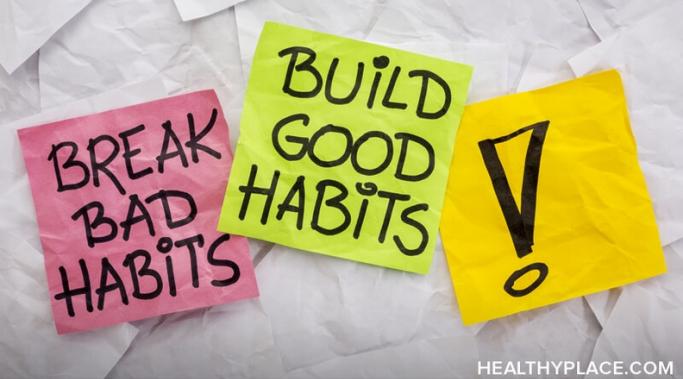Blogs
The partnership between families and mental health professionals is often a key component of adequately supporting a loved one with mental illness. I see this every day in my working life as an occupational therapist -- when there's no buy-in from the family, chances of an intervention being successful are dramatically reduced. When my brother developed chronic anxiety and depression seven years ago, I had to practice what I preach and actively foster a good relationship with his medical team. Here are some points about that experience that I wanted to share.
My mental health caused me to visit a psychiatric hospital when I was 19 years old. I had never experienced hospitalization for my mental health, nor did I have adequate coping skills going in. In addition to my mental health deteriorating, I had just come out as a lesbian. I was searching to find my place in the lesbian, gay, bisexual, transgender, queer, intersex, asexual, etc. (LGBTQIA+) community. I found ways to cope once in the hospital, though. Read further to see what helped me cope during this dark time in my mental health past.
Mood tracking makes understanding your mood triggers or patterns and talking to mental health professionals easier. If you see a therapist, one of the questions they might ask you is how you would rate your level of anxiety and/or depression. Answering this question can be difficult, as moods change all the time. An effective way to rate your moods accurately is to track them every day.
I never realized how many mental health benefits of having a dog there were until I couldn't see my dog regularly. Once my ex and I broke up, I moved to an apartment where I couldn't have dogs. Now that I am moving out, I know having my dog is a must for my mental health. In this article, I will go over all of the mental health benefits of having a dog.
Going off bipolar medication is a bad idea -- well, it's almost always a bad idea. I know why people want to do it. I would suggest that pretty much everyone on bipolar disorder medication has wanted to go off of it multiple times during treatment. This is completely normal and almost unavoidable. In spite of this strong desire, though, going off bipolar medication is almost always a bad idea.
We are two weeks into 2021, so it's safe to assume that most of us are back at work. But instead of healing you, what if the holidays made you realize you want to hibernate until the pandemic is over? In other words, if you're too depressed to work, here are some tips from someone in the same boat as you. I promise you will not find the usual suggestions to meditate, exercise, or journal; I'm sure you've already tried those.
Verbal abuse in work relationships happens regularly. After all, haven't you heard the cliche that employees leave bosses, not jobs? In many situations, this is quite true, especially when the person you report to is verbally abusive in the workplace. Unfortunately, I was the victim of verbal abuse at work on more than one occasion. Thankfully, I was able to pick up the pieces of my shattered ego and leave for a better career path.
Anxiety advice is fairly easy to find. One of the advantages of our modern era is the plethora of information available to us wherever we are and whenever we want it. Self-help books abound, and in them, you can find incredibly useful techniques for managing anxiety. Websites like HealthyPlace are wonderful resources. Videos are great resources for anxiety tips, and social media platforms offer pages, groups, and posts from individuals working their way through anxiety and eager to share success stories to help others. This is very positive, of course, but it can also be daunting, overwhelming, and exhausting. It can be helpful to know how to manage all this information once you have it so you can actively begin reducing your anxiety.
One of my many hobbies, aside from reading and listening to music, is playing video games, and playing them helps my anxiety. I’ve been a video game fan for almost as long as I can remember when I tried playing Sonic 2 on the then cutting-edge Sega Genesis. Even today, if I’m not feeling well, I’ll put on a favorite game and spend the day immersed in its world.
If you live confined within a scarcity mindset, then be warned: this mentality can—and often does—turn into an eating disorder. The term scarcity mindset refers to a belief that you do not deserve abundance and lack a sense of personal worth, so you act out of self-denial instead of nourishment and freedom. This can lead to dangerous behaviors, such as caloric restriction in an effort to deprive or discipline yourself, which could become a full-blown eating disorder over time. A scarcity mindset is detrimental to your healing, but it can be overcome in eating disorder recovery.









